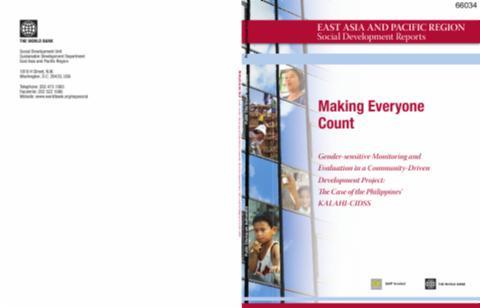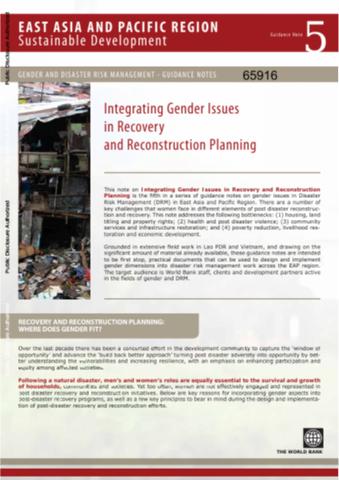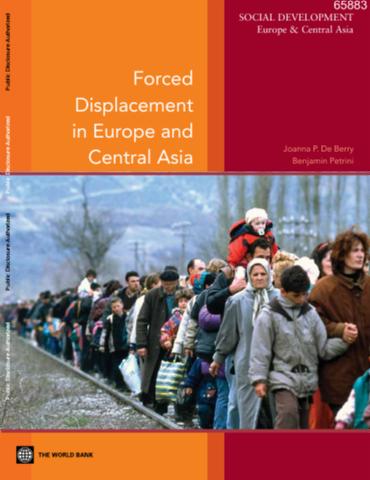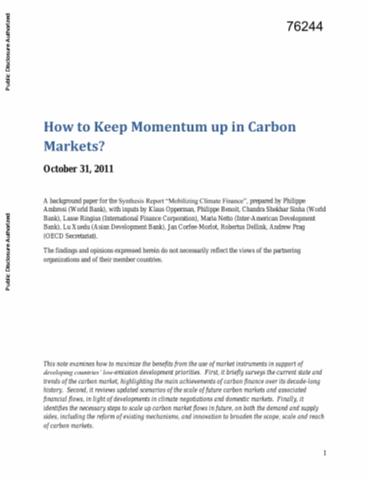The World Bank is a vital source of financial and technical assistance to developing countries around the world. We are not a bank in the ordinary sense but a unique partnership to reduce poverty and support development. The World Bank Group has two ambitious goals: End extreme poverty within a generation and boost shared prosperity.
- To end extreme poverty, the Bank's goal is to decrease the percentage of people living on less than $1.25 a day to no more than 3% by 2030.
- To promote shared prosperity, the goal is to promote income growth of the bottom 40% of the population in each country.
The World Bank Group comprises five institutions managed by their member countries.
The World Bank Group and Land: Working to protect the rights of existing land users and to help secure benefits for smallholder farmers
The World Bank (IBRD and IDA) interacts primarily with governments to increase agricultural productivity, strengthen land tenure policies and improve land governance. More than 90% of the World Bank’s agriculture portfolio focuses on the productivity and access to markets by small holder farmers. Ten percent of our projects focus on the governance of land tenure.
Similarly, investments by the International Finance Corporation (IFC), the World Bank Group’s private sector arm, including those in larger scale enterprises, overwhelmingly support smallholder farmers through improved access to finance, inputs and markets, and as direct suppliers. IFC invests in environmentally and socially sustainable private enterprises in all parts of the value chain (inputs such as irrigation and fertilizers, primary production, processing, transport and storage, traders, and risk management facilities including weather/crop insurance, warehouse financing, etc
For more information, visit the World Bank Group and land and food security (https://www.worldbank.org/en/topic/agriculture/brief/land-and-food-security1
Resources
Displaying 4566 - 4570 of 4906Making Everyone Count
The Philippines has made significant progress in empowering women and in advancing gender equality. The government's policy on gender equality and women's empowerment has prioritized women's economic empowerment, advancing human rights and enhancing gender-responsive local governance. All these priority concerns are integral components of poverty reduction programs in the Philippines. The Philippines has made significant progress in empowering women and in advancing gender equality.
Integrating Gender Issues in Recovery and Reconstruction Planning
This note on integrating gender issues in recovery and reconstruction planning is the fifth in a series of guidance notes on gender issues in Disaster Risk Management (DRM) in East Asia and Pacific region. There are number of key challenges that women face in different elements of post disaster risk reconstruction and recovery. This note addresses the following bottlenecks: a) housing, land titling and property rights, b) health and post disaster violence, c) community services and infrastructure restoration, and d) poverty reduction, livelihood restoration and economic development.
Improving land sector governance in Nigeria : implementation of the land governance assessment framework (English)
Nigeria is covered by two major types of vegetation: (i) the forest types consisting of mangrove swamp, freshwater swamp, and the tropical rainforest dominantly found in the south; and (ii) the savanna types consisting of Guinea, derived, Sudan, and Sahel savanna covering the middle belt and northern part of Nigeria. In spite of the rich endowments, Nigeria is still facing a lot of development challenges.
Forced Displacement in Europe and Central Asia
This paper describes forced displacement in the Europe and Central Asia Region (ECA) and the vulnerabilities associated with being a displaced person. It analyzes the development challenges of forced displacement particularly protracted displacement in the region and the prospects for durable solutions. Displaced persons face challenges related to recovery of or access to housing and land, employment and livelihoods, access to services and public goods including health, education, and infrastructure, and accountable and responsive governance.
How to Keep Momentum Up in Carbon Markets?
This note examines how to maximize the benefits from the use of market instruments in support of developing countries' low-emission development priorities. First, it briefly surveys the current state and trends of the carbon market, highlighting the main achievements of carbon finance over its decade-long history. Second, it reviews updated scenarios of the scale of future carbon markets and associated financial flows, in light of developments in climate negotiations and domestic markets.










